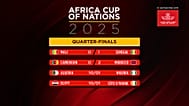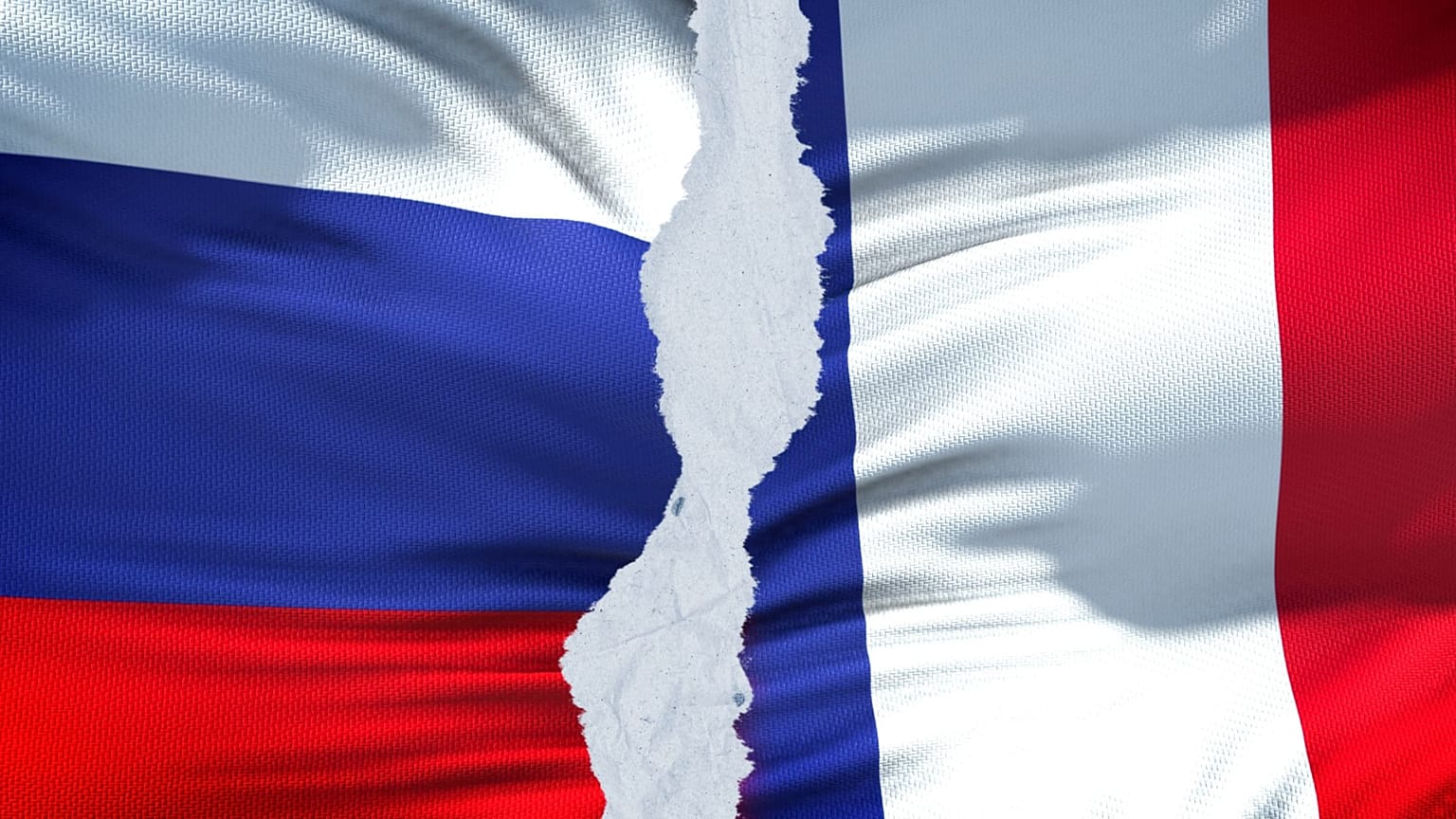The effectiveness of European sanctions on Moscow has been called into question, as Russia is still able to access European products via its neighbours.
The European Union's first 11 packages of economic sanctions against Russia have resulted in "limited market loss" for France's 145,000 exporters, according to an international economics institute.
France's Centre for Prospective Studies and International Information (Cepii), which sits within the Office of the Prime Minister, said on Monday that all products subject to sanctions on Russia "correspond to less than 1% of the value of French exports in 2021 (0.8%), or around €4 billion".
French exporters are feeling the effects of sanctions related to Russia's full-scale war in Ukraine, launched in February 2022, mainly in three sectors: transportation equipment (including aeronautics), chemicals, and machinery.
Of the 2,436 French companies affected by restrictions on exports to Russia, 809 specialise in machinery, 554 in chemicals and 206 in transport.
In terms of value, transport companies alone have had to absorb almost half of the 4 billion in losses incurred in France as a result of European sanctions.
But the economic consequences of these retaliatory measures have been mitigated by "a detour of trade towards Russia's neighbouring countries", according to Cepii economists Charlotte Emlinger and Kevin Lefebvre.
"While French exports to Russia fell by 52% between 2021 and 2022, those to Kazakhstan, Armenia and Kyrgyzstan rose by 85%, 62% and 44% respectively," they note.
These figures "question the effectiveness of trade sanctions" by the European Union, two weeks after the European Commission proposed a 12th package of sanctions linked to the war in Ukraine.
The authors consider it possible that Kazakhstan, Armenia and Kyrgyzstan "will re-export this surplus of products to Russia, enabling it to retain access to European technologies" despite the sanctions intended to deprive Moscow of this access.



















